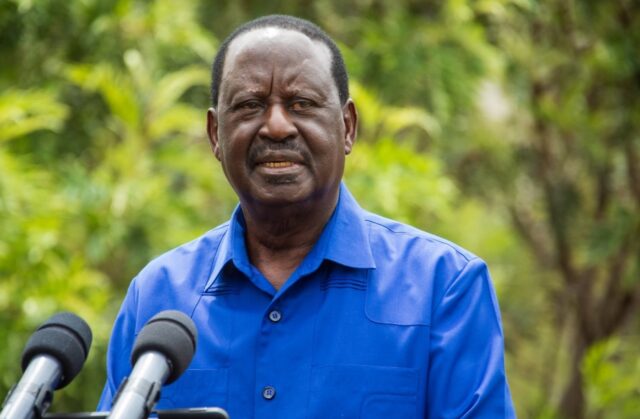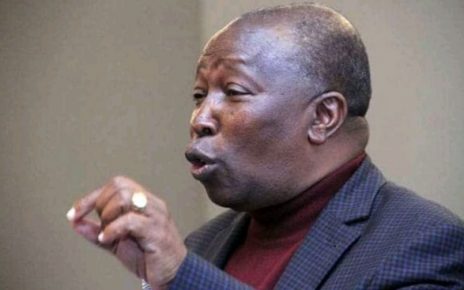Raila Amollo Odinga’s life was intertwined with politics from the very beginning. Born in 1945 to Jaramogi Oginga Odinga, Kenya’s first Vice President, Raila inherited not just a name but a lifelong mission — to fight for justice, equality, and democracy.
Educated in East Germany, Raila earned a Master’s degree in Mechanical Engineering from the Technical University of Magdeburg. His time abroad not only sharpened his intellect but also shaped his worldview — blending technical discipline with a deep political philosophy that would later define his leadership style.
To millions of Kenyans, he was affectionately known as “Baba”, a political father figure and a symbol of resilience. Others called him “Agwambo”, meaning the unpredictable one — a testament to his fearless, often surprising political moves.
Throughout his career, Raila faced numerous trials but never abandoned his principles. In the 1980s, he was detained without trial multiple times for opposing Kenya’s one-party rule under the KANU regime. These imprisonments transformed him into a national hero — a freedom fighter who was willing to sacrifice everything for democratic reform.
His activism was instrumental in restoring multi-party democracy in the early 1990s. Later, his contribution to the 2010 Constitution marked another milestone. The new constitution introduced devolution, limited presidential powers, and restructured governance, reshaping Kenya’s political foundation for generations to come.
Raila’s leadership was not just political; it was visionary. In 2008, following the post-election violence, he agreed to share power with President Mwai Kibaki, serving as Prime Minister in a coalition government that restored peace and stability to a deeply divided nation.
In 2018, the historic Handshake between Raila and then-President Uhuru Kenyatta marked a turning point in Kenya’s history. Though met with mixed reactions, it eased national tensions and opened doors for dialogue, reconciliation, and progress.
Beyond Kenya, Raila played a continental role as the African Union’s High Representative for Infrastructure (2018–2023), championing cross-border projects in energy and transport. At home, his leadership as Minister for Roads and Public Works (2003–2005) and later as Prime Minister saw massive strides in infrastructure development, rural electrification, and slum upgrading.
Despite contesting the presidency five times, Raila’s vision and courage continued to inspire generations. As the leader of the Orange Democratic Movement (ODM), he built one of the most formidable and loyal political movements in Kenya’s history.
His legacy is one of resilience, reform, and relentless dedication to the Kenyan people. Raila Odinga was not just a politician — he was a patriot, a visionary, and a symbol of hope for a more just and democratic Kenya.
Raila’s story will forever remain etched in the nation’s heart — the story of a man who never gave up, even when the odds were against him.



